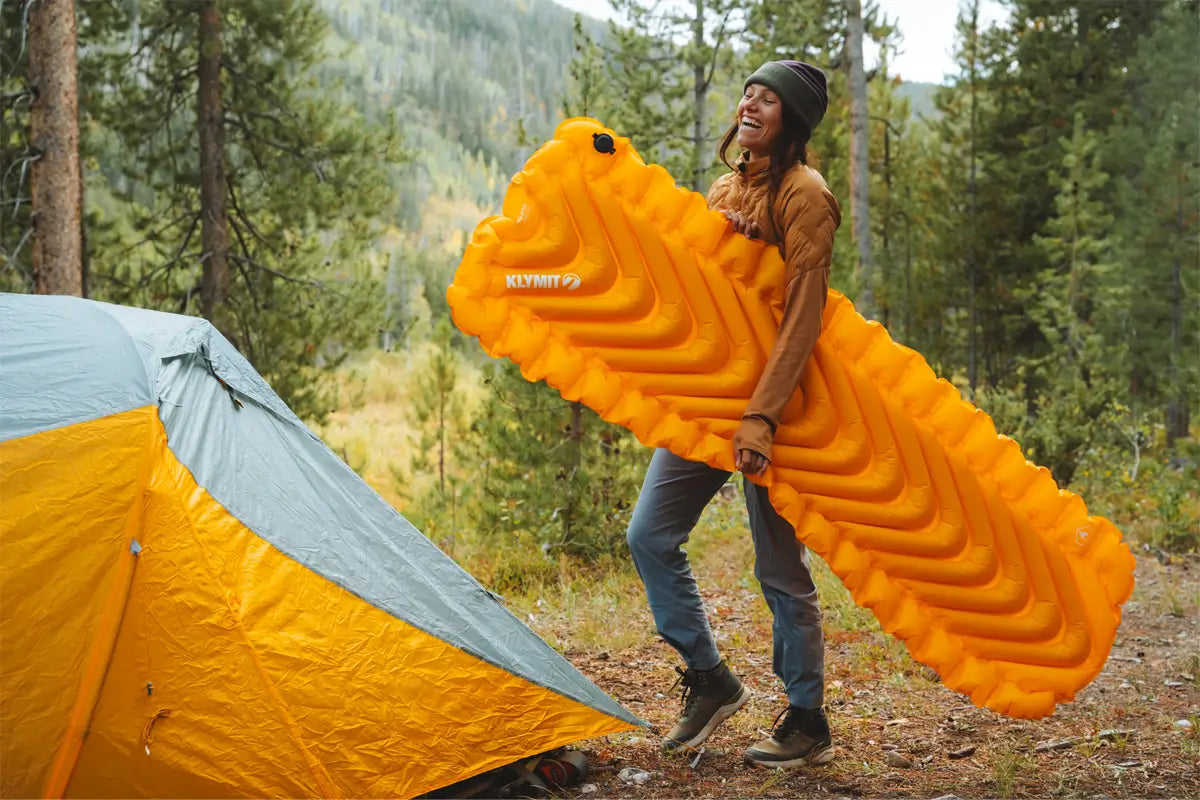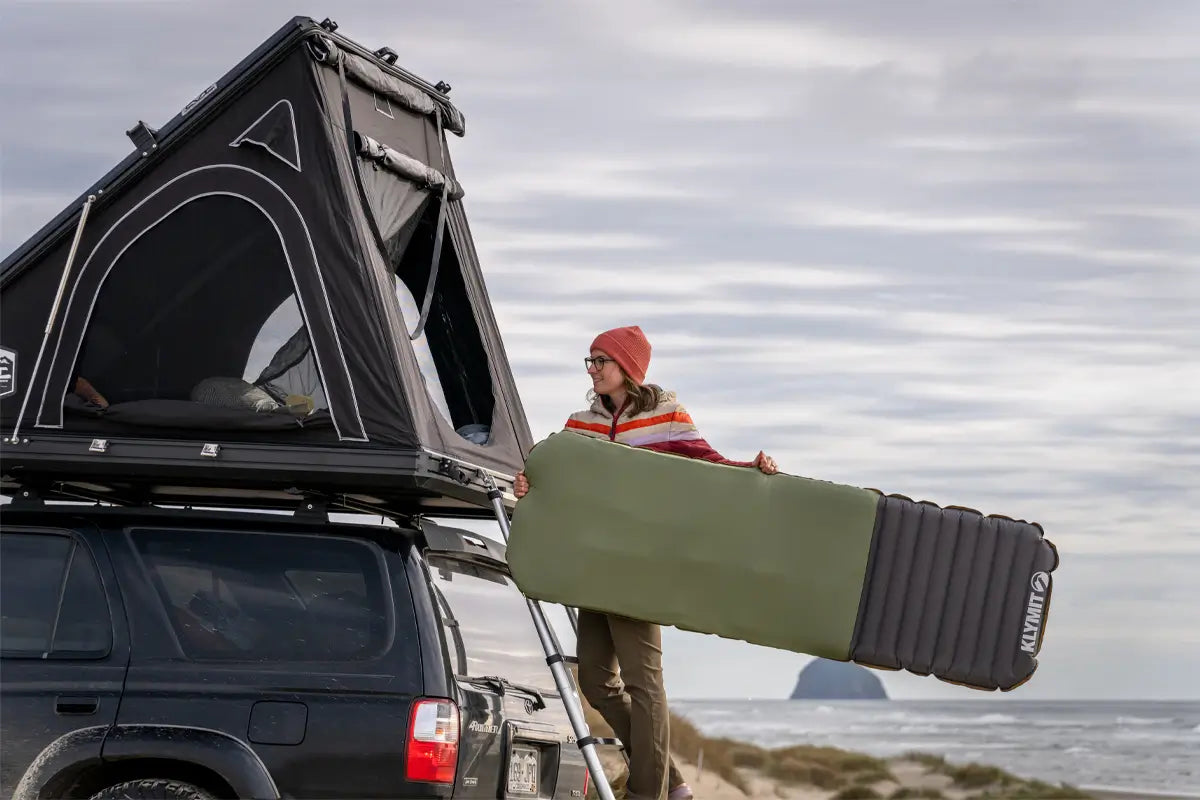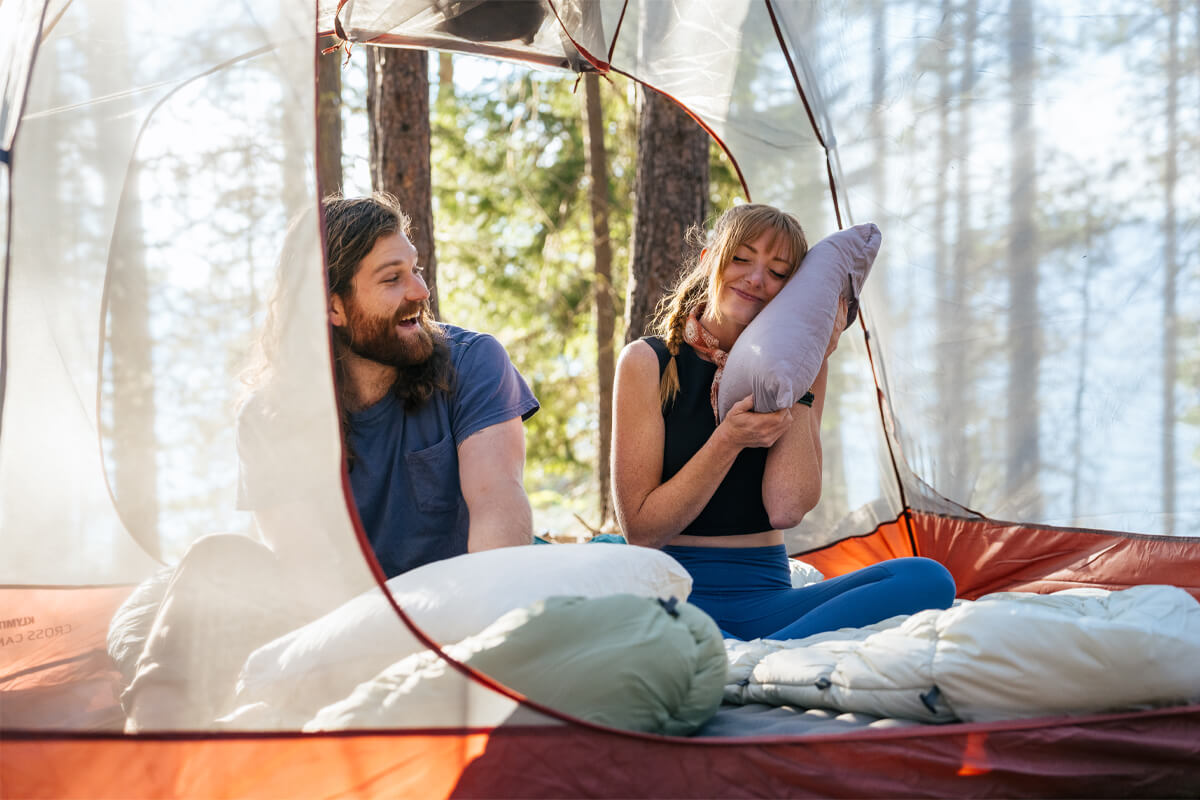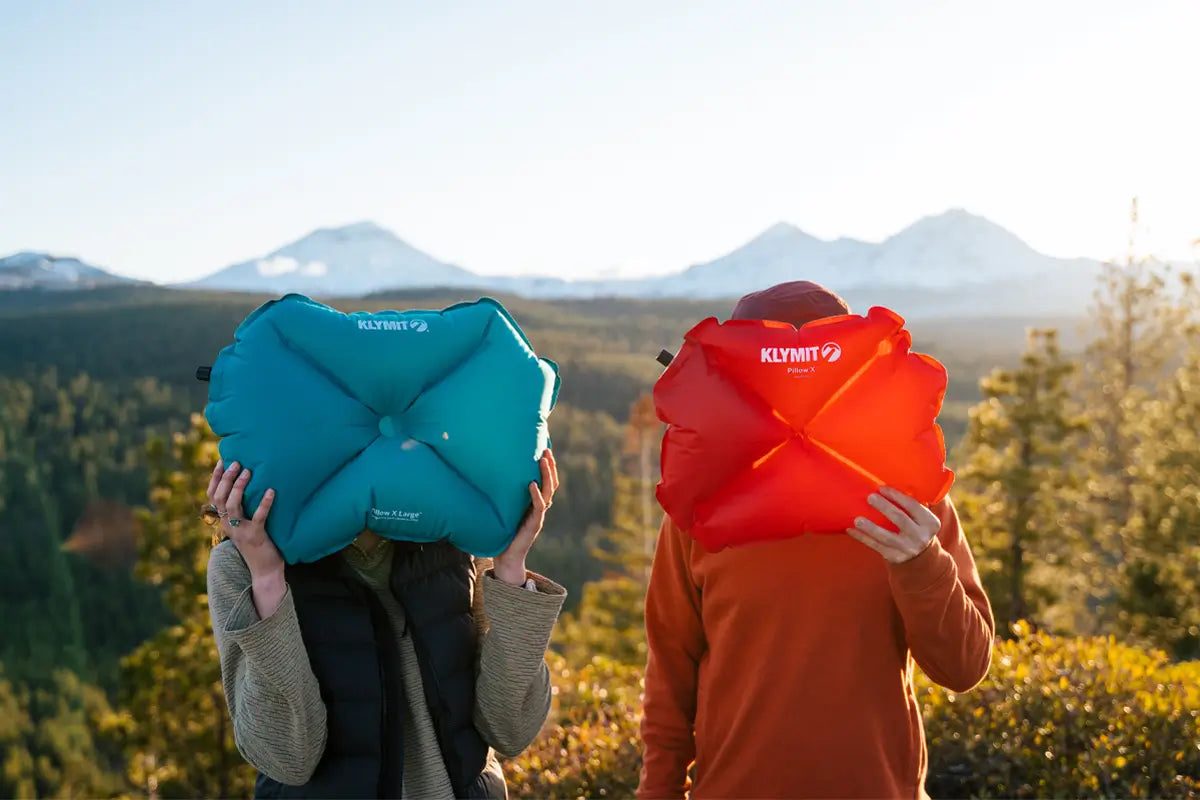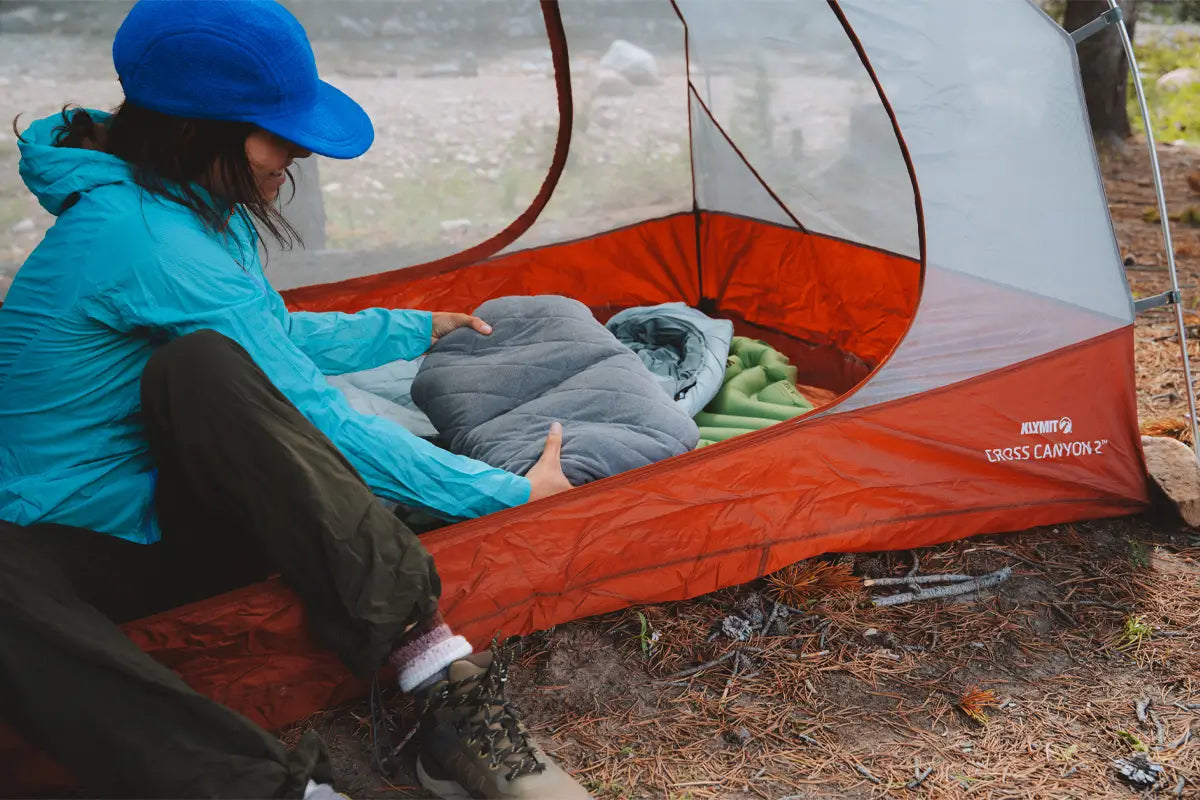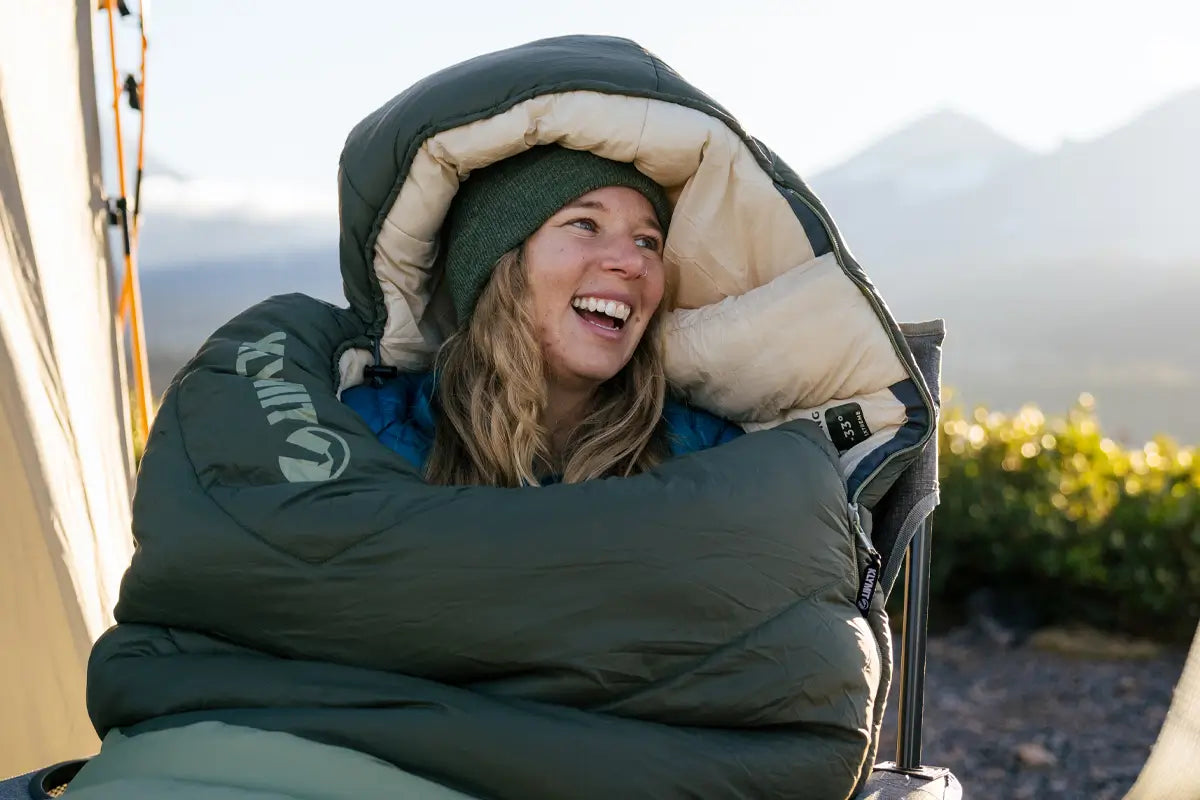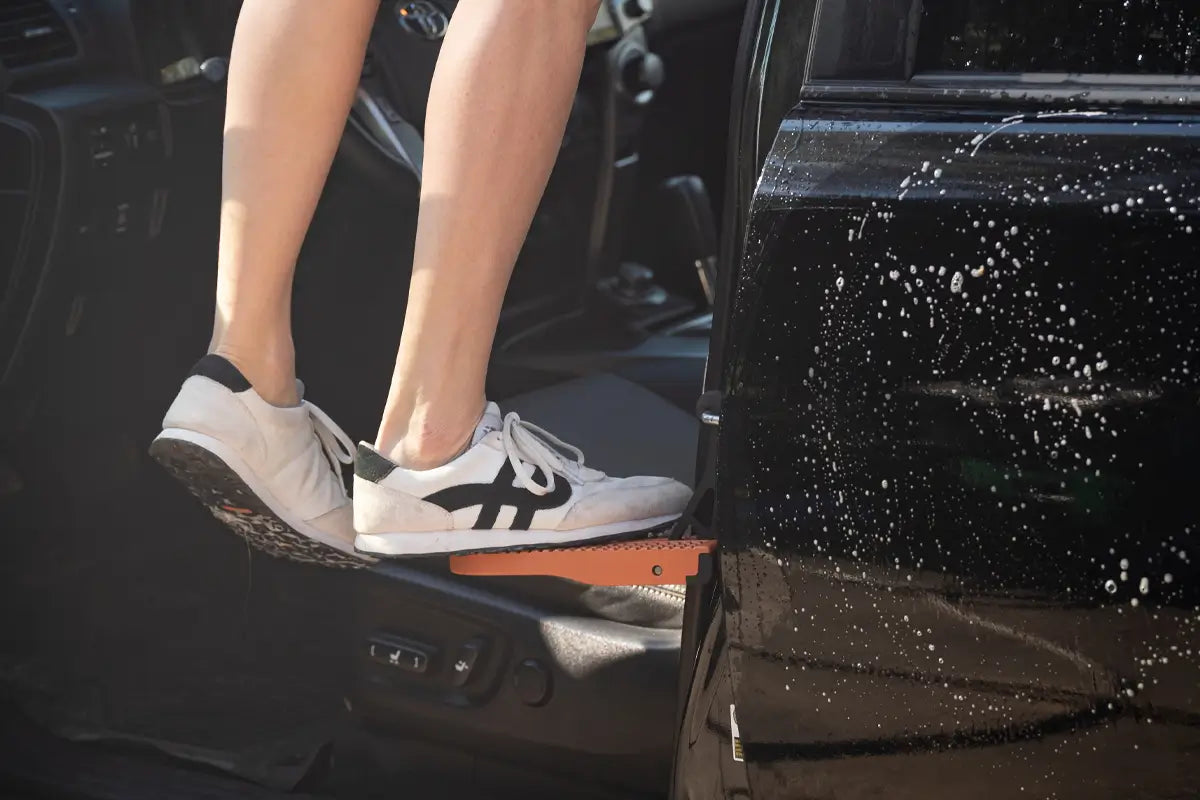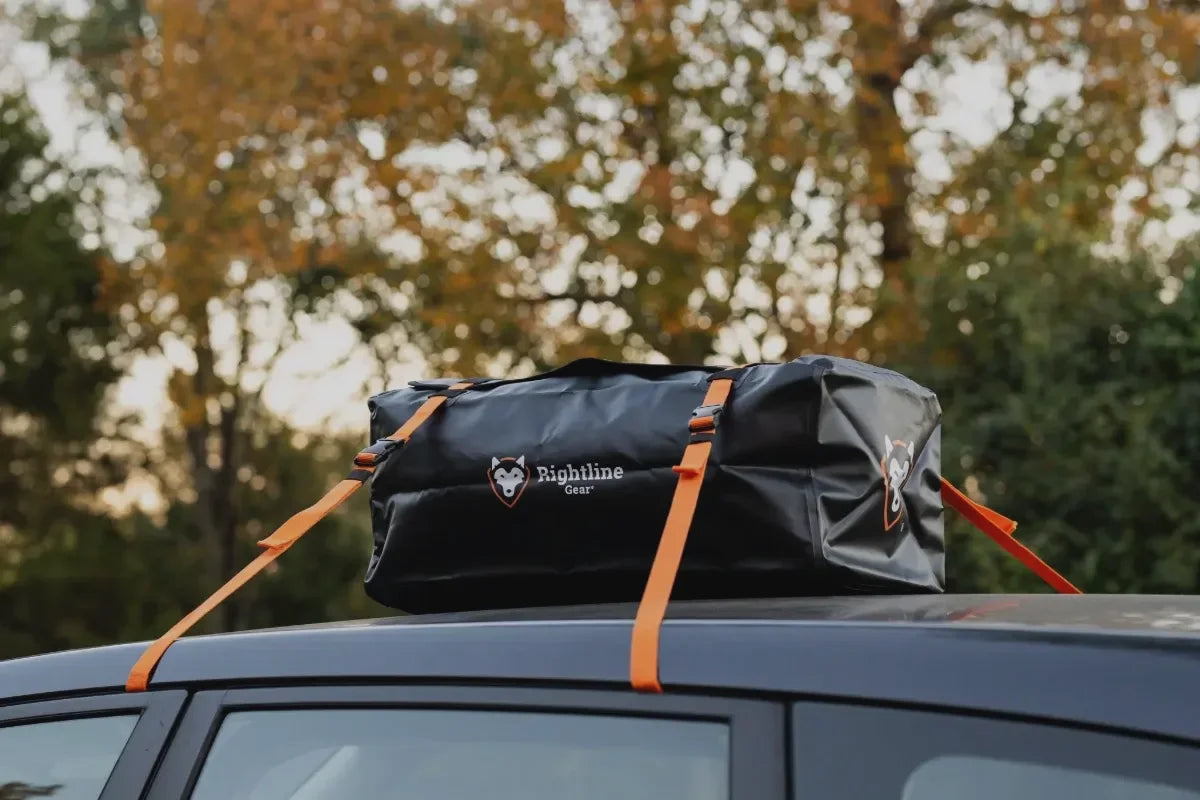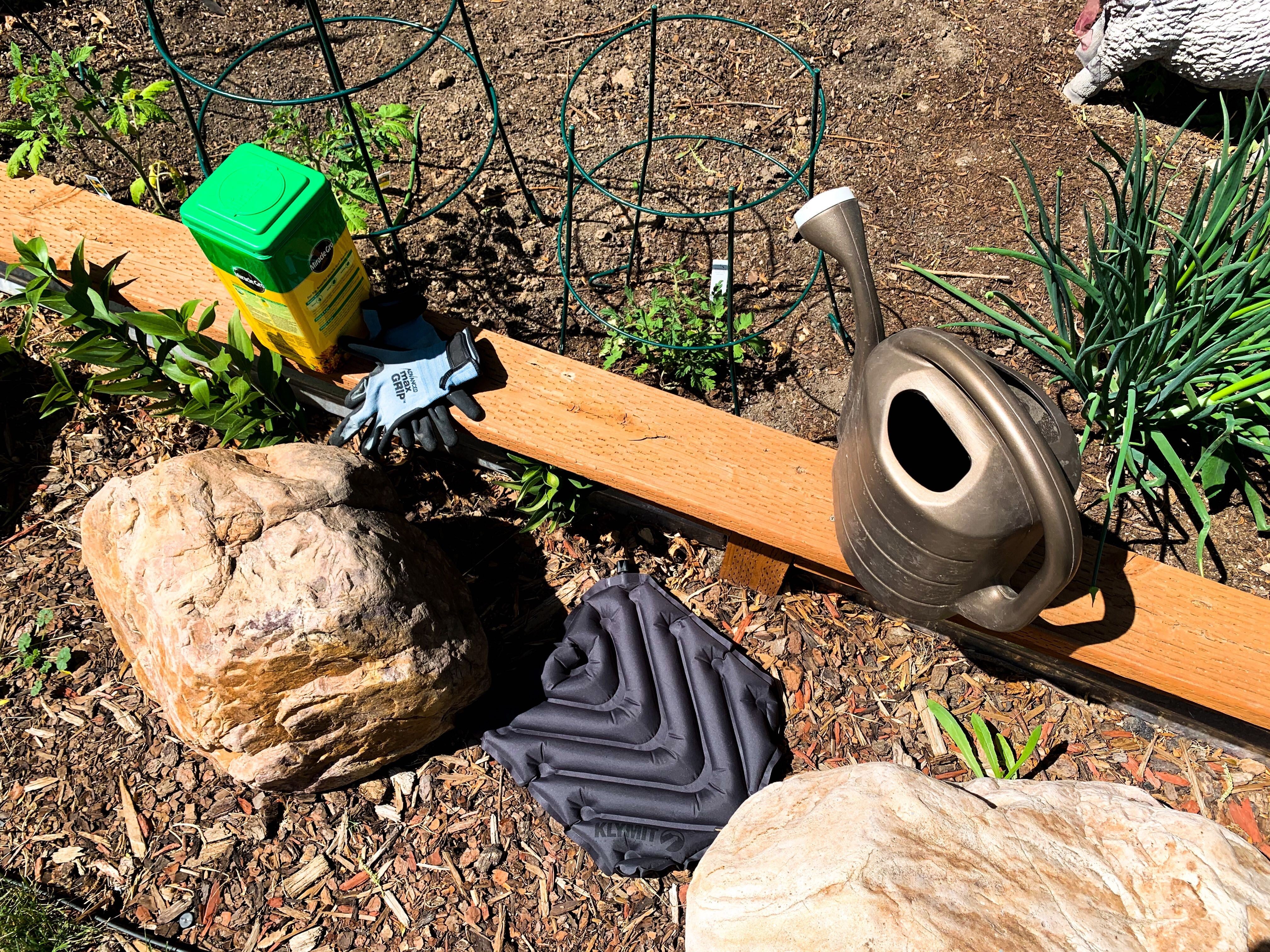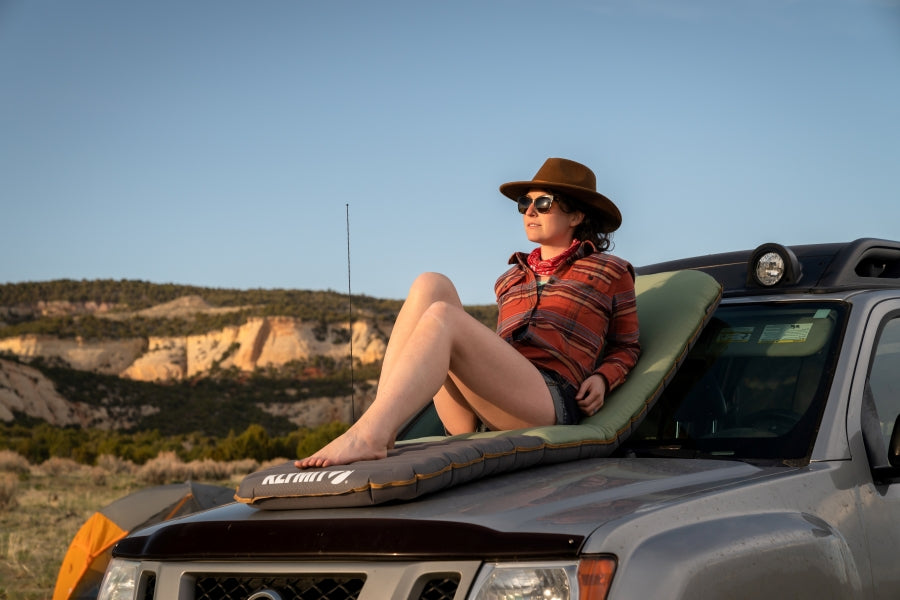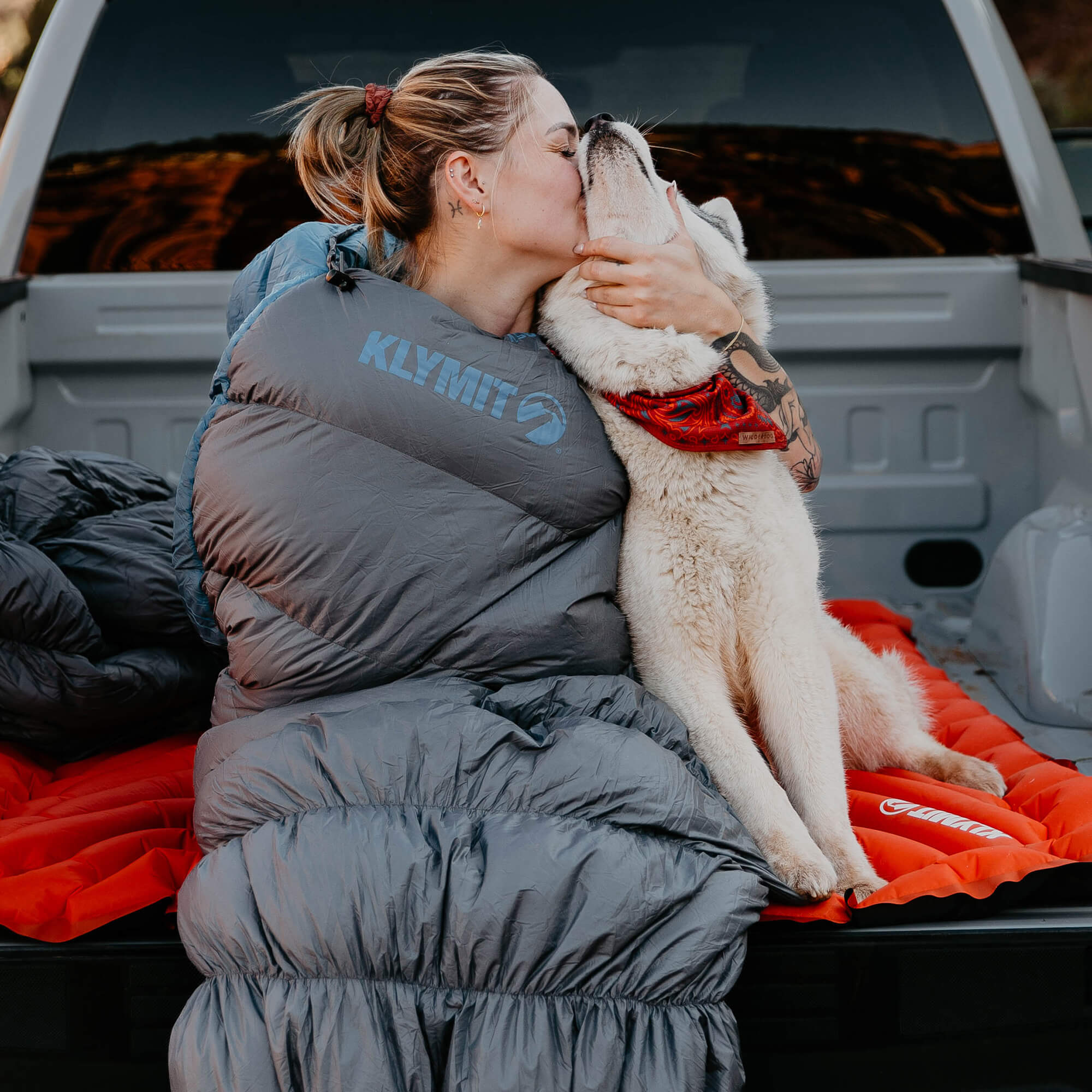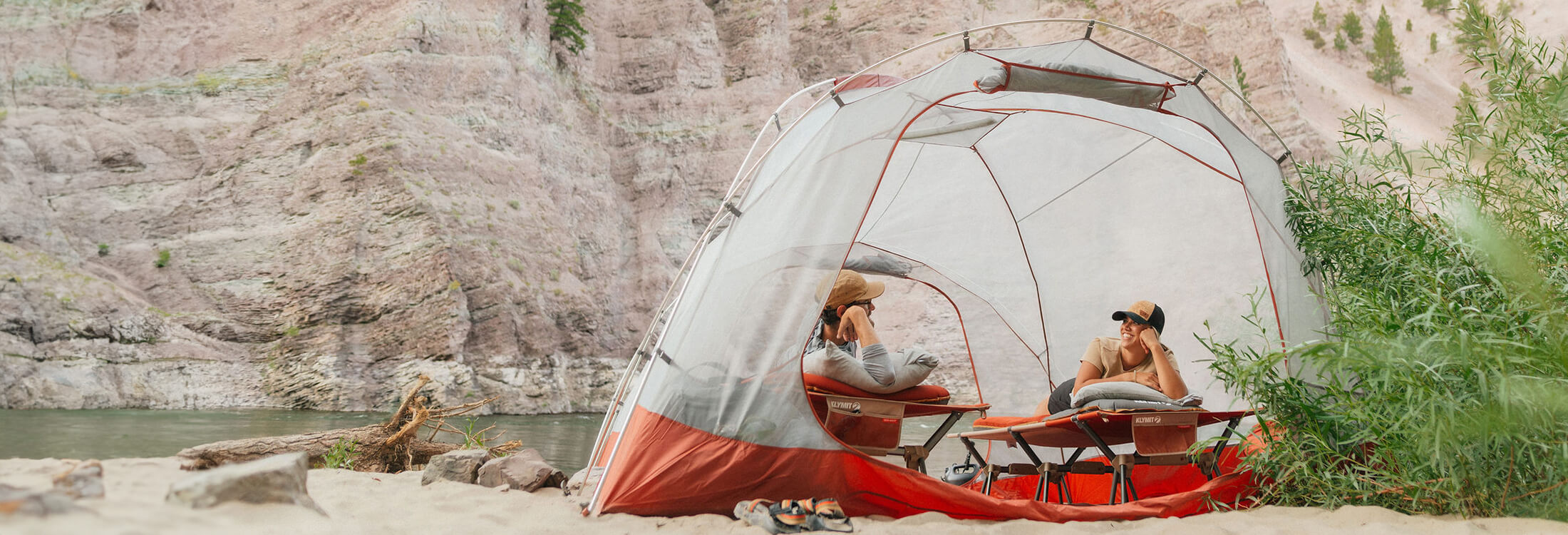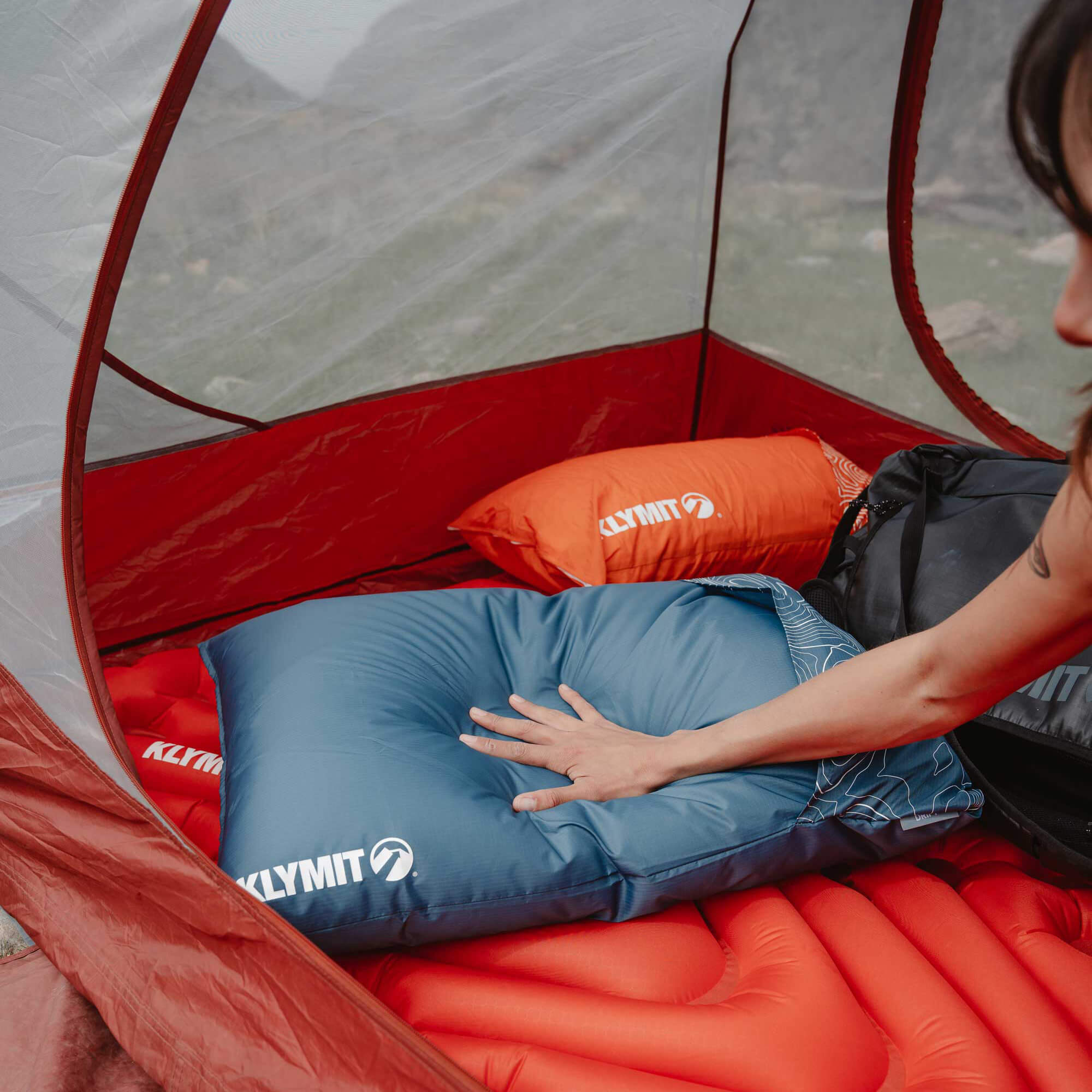We love spending time outside. A fun and rewarding way to be constantly spending time outside is to cultivate a garden. Not only do you connect with nature in a different way than you’re used to while out camping, but you also receive literal fruits of your labor at the end of the growing season (if all goes well…) So where do you start? Let’s check our top beginner garden tips.
What to Grow and Where to Grow
The first question you should ask yourself is what do you want to grow? Classic gardens contain vegetables like squash, lettuce, tomatoes, peppers, green beans and more. And don’t forget fresh herbs like basil, parsley, and cilantro. But remember, it’s your garden, so grow only what you’re interested in eating!When choosing what items to grow, it is important to note what type of foods will grow better in your home environment. Pay attention to details like:
- How long the plant takes to mature
- Amount of sun needed
- Size of mature plant/produce
Once decisions are made on what to grow, you will need to find the perfect spot for your garden. You will want to think about positioning the garden away from possible disturbances like pets, children, weather, and wildlife. In some cases, you may have to create deterrents like fences or cages to keep your garden intact. You also want to think about having the garden easily accessible. You will be tending, watering, picking, and watching your garden often, so it’s ideal that you have it in a convenient location. Don’t have a perfect plot of dirt? Look for options like raised garden beds and large tanks as ground garden alternatives.
Get The Right Tools
Basic garden tools help make gardening so much easier. After all, gardening should be something fun and interesting, rather than difficult and miserable. Some simple tools that make all the difference include:
- Gloves
- Shears
- Dirt rake
- Garden Hose
- Watering Can
- Hand tools - trowel, rake, spade
While there are so many interesting and useful tools, these are a great start to getting your garden together. Need something that helps you feel comfortable while kneeling and working on your garden? Grab a Klymit V Seat to add extra cushion.
Planting and Tending
Whether you are planting seeds or transplants, it is vital to have healthy soil. And remember that plants thrive in deep, rich soil, so don’t skip out on the good dirt when preparing your garden. Pro tip: While soil from the store is great, if you plan on keeping a garden year over year, cultivate a healthy soil patch using compost, mulch, or other organic matter. Now that you have your nutrient-rich growing plot, it’s time to start planning and planting. Most seeds and transplants purchased at the store will have basic instructions on the packaging, so be sure to save these labels and pay attention to:
- How deep to plant the seeds
- How far away to plant from other seeds
- Days until germination
- Days until harvest
- When to plant
These factors will help determine how you will divide up your garden into sections for vegetables. If it helps, draw it out and have a visual plan! Once you’ve planted, the labor will continue as you keep an eye on your garden for the remainder of the season. Take out weeds from the root if they start to come in. Watch for pest problems like bugs and small mammals. You may need to adjust protective measures if animal problems arise. However, the main way to upkeep your garden is to keep the plants watered and nourished. It can be easy to over water and it can be easy to under water, so don’t be afraid to get your hands dirty and feel the soil when checking in on your garden.
Enjoying Your Garden
As harvest dates come closer, be sure to pay extra attention to your plants in order to get the maximum amount of freshness. Use references online and on the seed packets to know exactly when to pick the produce. Some, such as lettuce, kale, and herbs, can be chopped and regrow, while others like tomatoes need to be picked slightly before fully ripening. And don’t forget to look back and see how far you've come since the beginning of the season. Enjoy the fruits of your labor, and take the same amount of hardwork and patience to your outdoor activities.
